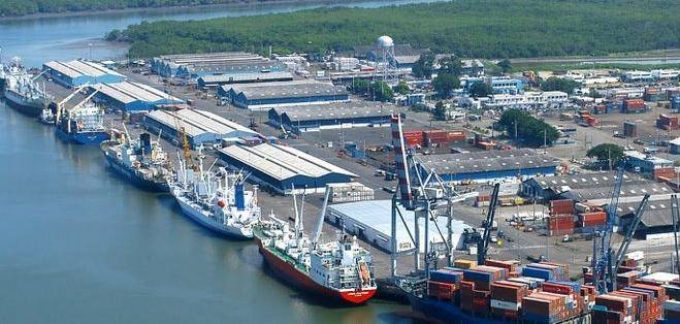APMM takes legal action in dispute over concession for new Santos terminal
AP Møller-Maersk has filed a court action against Brazil’s national port authority, Antaq, in protest ...

DP World has won a concession to develop and operate a new container facility in Ecuador, a Latin America’s country that has proved most resistant to international terminal operators.
The Dubai-headquartered operator today said it been awarded a 50-year concession to develop the port of Posorja, located ...

Comment on this article